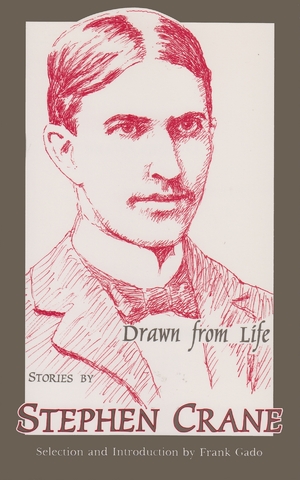Description
During Stephen Crane’s brief eight-year writing career, the giants who dominated American fiction were Mark Twain, Henry James, and William Dean Howells, but the major new influence on the literature of the next half century would flow from the works of the adventurous young man who flashed and spent his genius in the 1890’s.
The Red Badge of Courage, with which he first gained an international reputation, remains his best-known novel, but his aptitude lay more surely in the short story. “The Open Boat,” “The Bride Comes to Yellow Sky,” and “The Blue Hotel” have become classics of the genre, almost inescapable in anthologies of American fiction, and “A Mystery of Heroism” and “The Upturned Face,” though reprinted slightly less frequently, are also familiar to students at all levels. A genuine understanding of Crane and of his complex artistry, however, calls for a broader knowledge of his attempts to forge a modem aesthetic. Accordingly, this collection joins six stories to those most commonly known: the remarkable early experiments “Killing His Bear,” “A Day in the Country,” and “The Pace of Youth”; the powerful, though flawed, “The Monster” and “Death and the Child;” and the haunting anecdote “An Illusion in Red and White.” An introductory essay locates the stories in the progress of Crane’s career and offers penetrating critical commentary.
About the Author
Frank Gado, who formerly taught American literature at Union College, is now rusticating in Enfield, New Hampshire, where he continues his investigations of the American literary experience. He is also the author of First Person and The Passion of Ingmar Bergman.
July 1997

